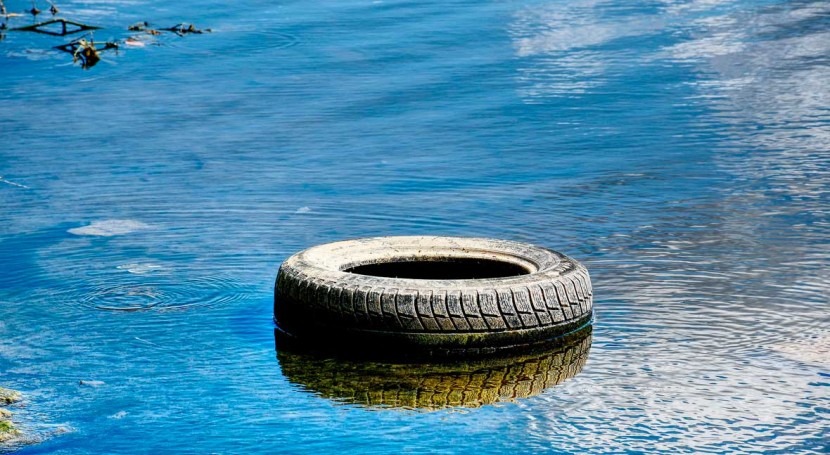The Environmental Protection Agency has broadened the scope of a proposed rule that will dramatically limit the scientific and medical research the agency considers when crafting chemical, air and drinking water standards, according to a report by The New York Times.
The draft rule, misleadingly titled Strengthening Transparency in Regulatory Science, is strongly supported by chemical manufacturers, among other industries. The original proposed regulation, together with the expanded guidelines uncovered by The Times, would force scientists to provide all raw data, including confidential medical records, before the EPA could consider a study’s conclusions, The Times reports. If the data is not made available in full, the rule addendum states, “EPA would reserve the right to place less weight on the studies, to the point of entirely disregarding them.”
This policy shift would make enacting any new rules concerning chemical safety, clean air and drinking water standards far more difficult than it already is, since many scientific studies rely on personal health information provided under confidentiality agreements so that researchers may make connections between pollution and human health.
Unlike the first version of the rule, floated by then-EPA Administrator Scott Pruitt, the amended draft rule, developed under current agency chief Andrew Wheeler, could retroactively apply to public health protections that have been on the books for years, or even decades, as The Times reported.
In other words, EPA could potentially ignore established scientific findings – for example, those showing that lead exposure can cause behavioral problems in children, or that mercury emissions from coal-fired power plants harm brain development – when existing regulations for specific contaminants are periodically reviewed.
The ultimate goal of EPA’s draft so-called science transparency rule is to avoid recognizing science that shows links between exposure to pollution and disease in people, said EWG Senior Scientist David Andrews, Ph.D.
“The chemical and fossil fuel industries cringe every time a scientific study is published showing a correlation between a synthetic contaminant and an increased risk of cancer or other diseases in people,” Andrews said. “The EPA under Trump and Administrator Wheeler is callously and recklessly undermining science to protect polluters. The public health implications of this proposed rule, should it get enacted, are almost incalculable.”



















